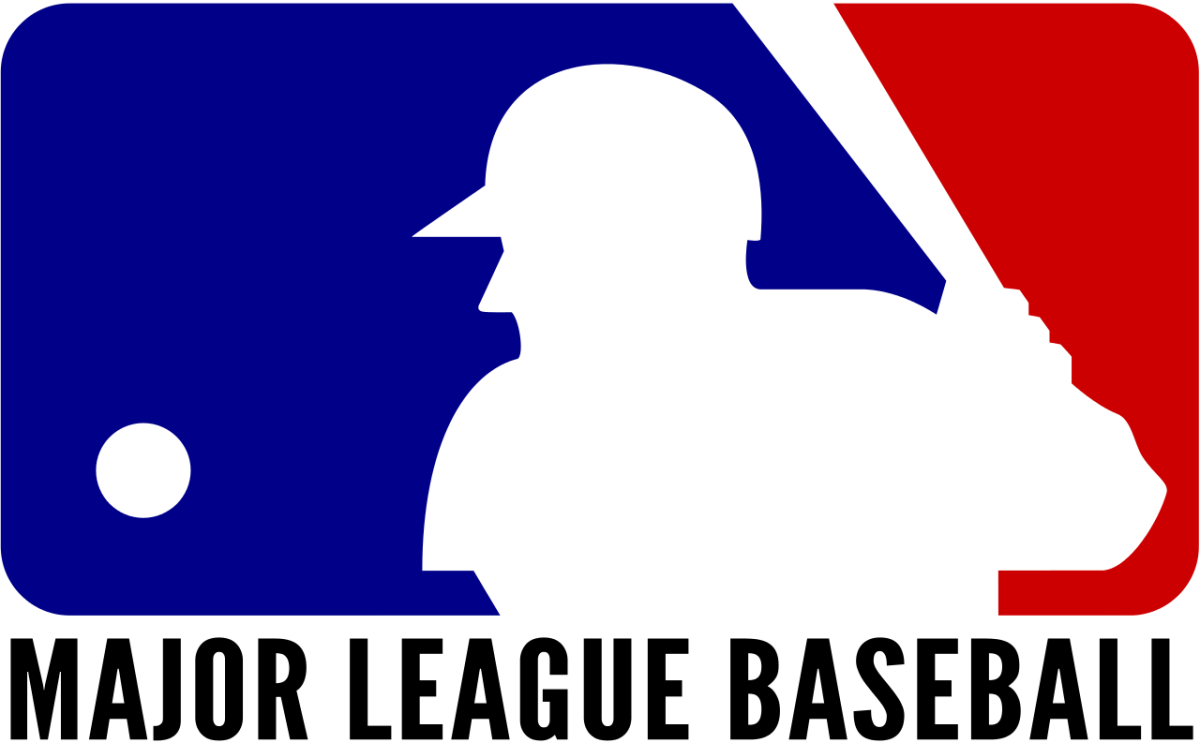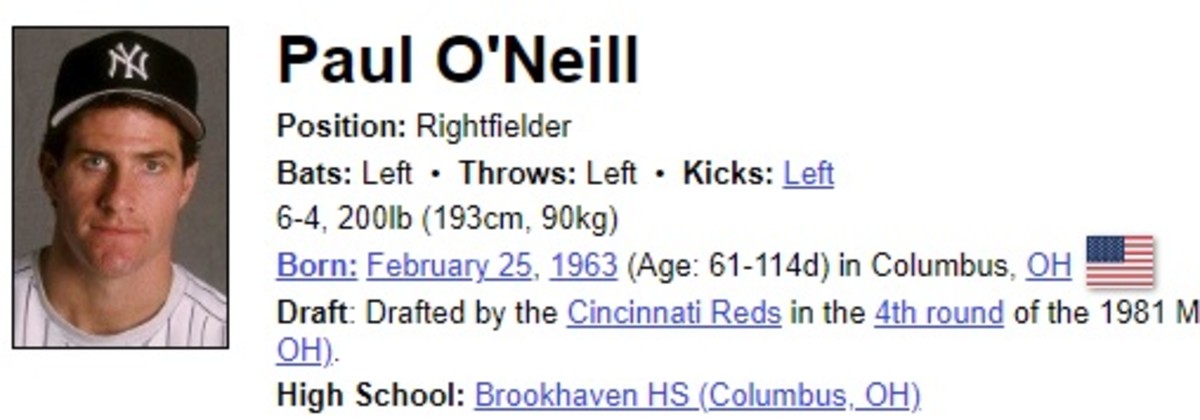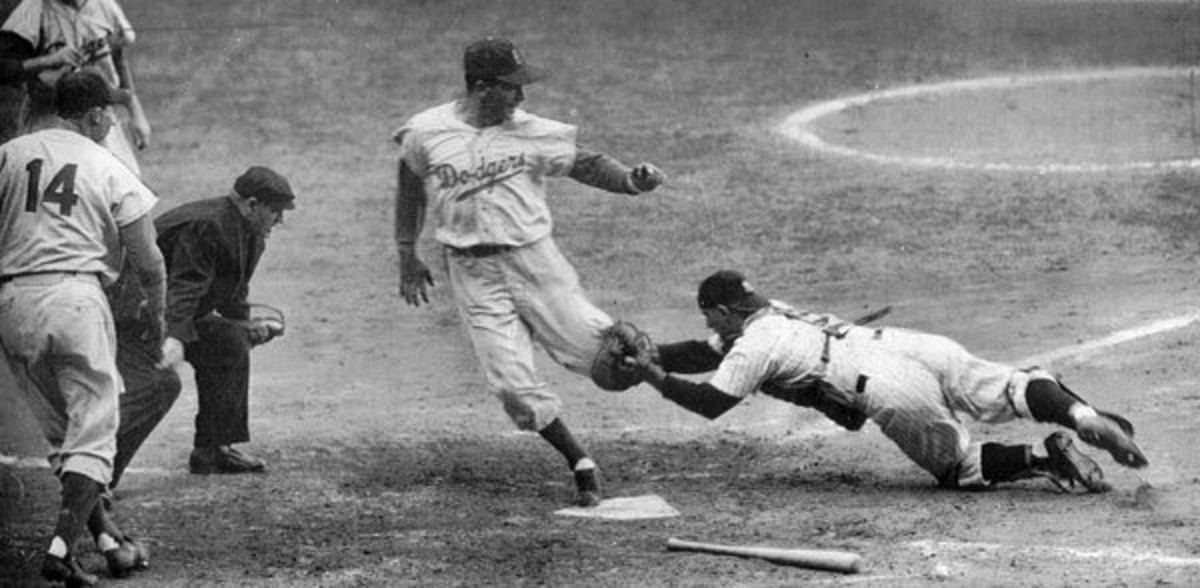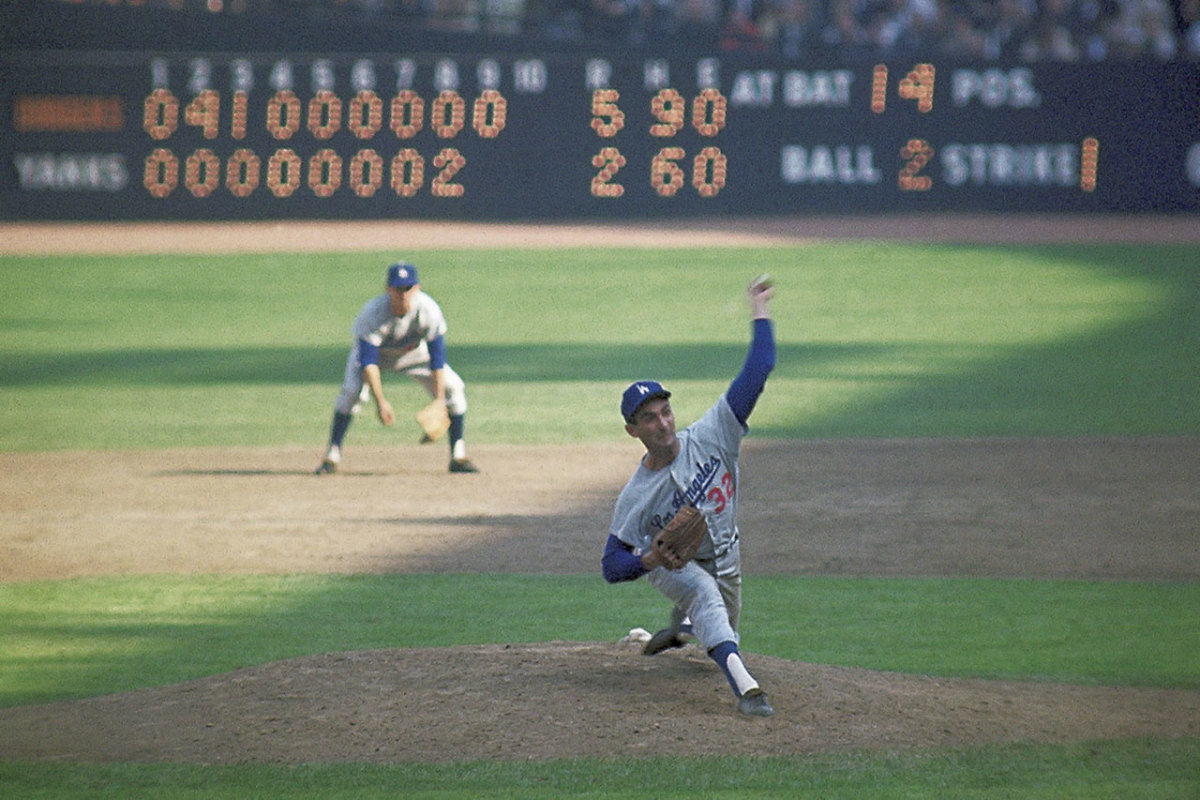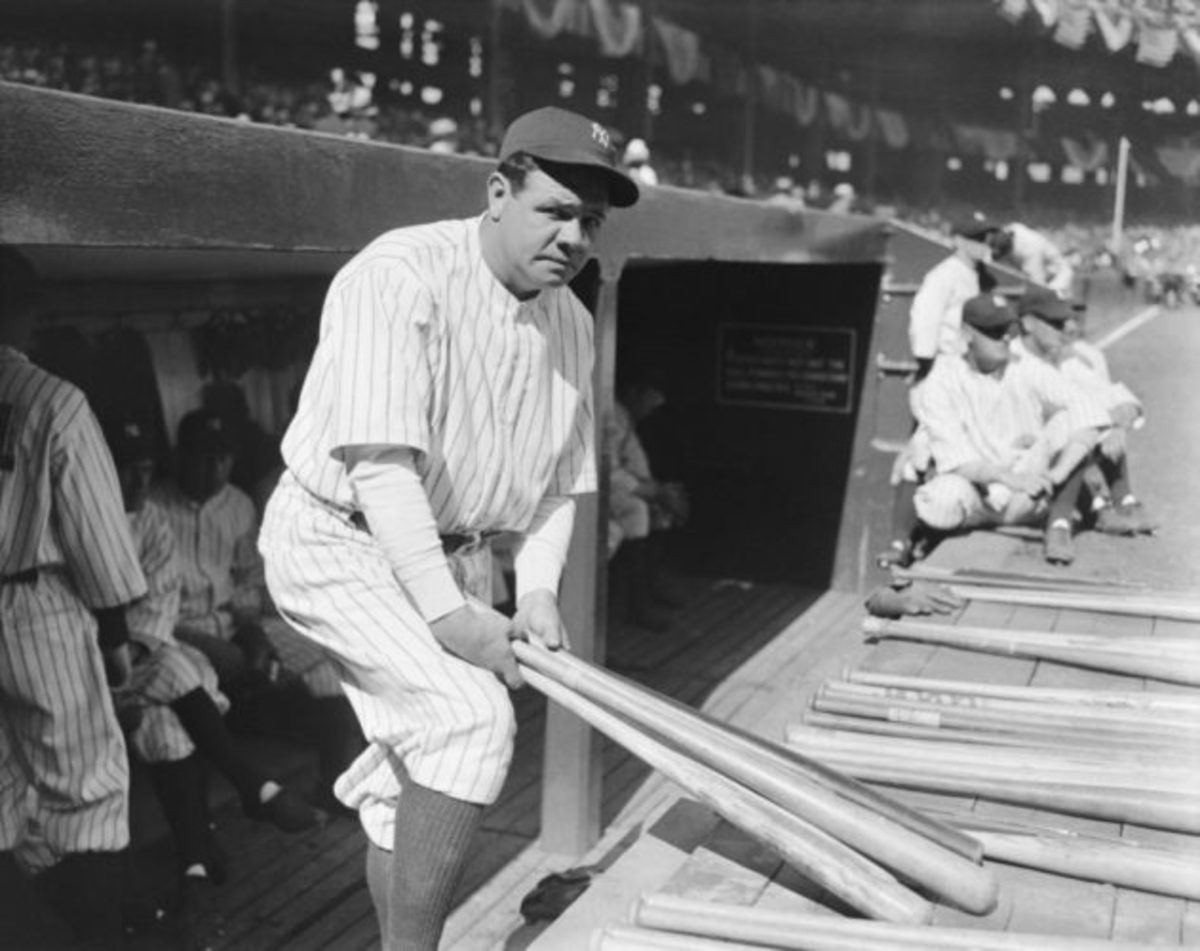- HubPages»
- Sports and Recreation»
- Team Sports»
- Baseball
Frank Mccourt: The Worst Baseball Team Owner Ever...lamentations of a Dodgers Fan
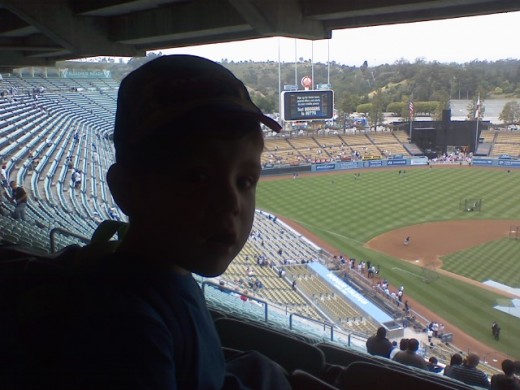
A Brief History
The Dodgers hadn't won a World Series title until 1955. But the team had been loved by the fans in Brooklyn where the players had been part of the close knit family. The Dodgers represented the overcoming spirit of the people in Brooklyn. They had been the "team of the common man" always losing to the "Royalty of Baseball and of New York", the Yankees.
In 1957 team owner Walter O'Malley moved the Dodgers to Los Angeles, and was also influential in the move of the New York Giants to San Francisco. It was a hard blow to Brooklyn, but the westward expansion was the best thing that could have happened to major league baseball. A professional sport confined to the northeast had to be let out of the cage, and O'Malley was just the pioneer to do it.
Memories of Ebbetts Field
Having lost a bitter politicized battle to build a new stadium for the Dodgers in New York, O'Malley's move west was first to the Los Angeles Coliseum. Ebbets Field had been the home of the Dodgers since 1913, and though most fans and players of the time admitted that the stadium was cramped and decrepit, Ebbets field, at its demolition in 1960 became a symbol to many of a beloved and bygone era of baseball and sports in general.
Purchases and negotiations for the construction of Dodger Stadium led to its opening in 1962. Los Angeles accepted the Dodgers right away, and "Dem Bums" once so beloved in Brooklyn quickly became a Southern California attraction.
Dodger History
Vin Scully on Baseball
Time Goes On
As baseball took root in California the Dodgers took their place among the powerful influences in sports. Many of the aging players of the Brooklyn team were nearing the end of their careers, and team owner Walter O'Malley was struggling to sell modest single-year contracts to young and old players and their agents. This was a losing battle, but O'Malley maintained a winning operation at both the major league and minor league levels. This brought great business and financial success as well as growth of the fan base.
Change is inevitable in all things though, and baseball is no exception. Walter O'Malley couldn't operate the business forever. He died in August 1979 just 28 days after his wife Kay. The Dodgers under his 29 years of ownership had won eleven National League penants and four World Series titles. Ownership passed to O'Malley's son Peter and Daughter Terry Seidler who led the team to an additional two National League titles and World Series championships. In 1998 the O'Malleys sold the team, the farm system, and the stadium to the "big-money" investors at Fox Entertainment Group.
In 2004 the Dodgers were purchased by Frank McCourt and his wife who used absolutely none of their own money to do it. On a financial downhill slide since being purchased by the McCourts, the once proud and beloved Dodgers were soon bankrupt and barely recognizable. The Dodgers quickly became little more than pawns in the great chess match that was the McCourts' divorce. Having continuously paid his wife and sons huge monthly "allowances" from the Dodger piggy bank, McCourt's ultra-self-indulgent lifestyle had brought the team to its knees.
The Frank McCourt Formula for Bad MLB Ownership
- Pay your family annual salaries totalling at least $7 million.
- Buy several homes and properties in several states and foreign countries including "his and hers" Malibu beachfront homes costing $46 million.
- Regularly spend $400 on dinner out and only stay in hotel rooms costing at least $1000 per night.
- Charter jets to fly you between your numerous country club memberships.
- Pay a six-figure salary to an "on-call" hair stylist.
- In the rich tradition of "dirt-bag", divert funds (reportedly $180 million) from team transactions for your personal use, and set the team opposite its mother (Major League Baseball) in court.
- Divorce your spouse of 30 years, and assume attourney's fees totalling, in some reports, $50 million.
- Take a family-oriented baseball experience and turn it into something akin to the violence common to football grandstands and parking lots.
- Take out millions of dollars in loans from team-related businesses.
- Put the team's most beloved member (broadcaster Vin Scully) into a "retain pending fan polling" status.
The Call to Sell
Frank McCourt resisted selling the Dodgers; and in his efforts to retain ownership, managed to universally alienate fans and Major League Baseball . A group of long-time season ticket holders formed a fan's committee which is sought representation of Dodger fans in the legal proceedings involving the team. McCourt fought such representation, and continued an assault against Major League Baseball commissioner Bud Selig who called for the sale of the team since its financial mismanagement became obvious. McCourt had been warned that the team may be kicked out of the league if he didn't sell. Would he continue to battle taking the Dodgers out of baseball with him; or would he walk away, leaving the fans with the team they love?
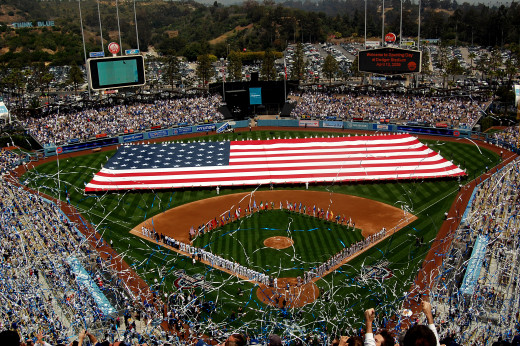
EPILOGUE:
On May 1, 2012 Frank McCourt's demolition of the Los Angeles Dodgers mercifully ended. He agreed to sell the bankrupted team (for $2 billion) to a partnership which includes Los Angeles sports icon Earvin Magic Johnson. Many fans see the sale as a rescue. Once again Magic Johnson "reached down" and lifted Los Angeles up onto his shoulders.
In 2004 McCourt bought the Dodgers, the stadium and land surrounding the stadium for $430 million of borrowed money. He then increased ticket prices each year in order to offset his growing debt. Despite the team's final debt (estimated at more than $575 million), Frank McCourt made hundreds of millions of dollars on the sale, while maintaining control of the Dodger Stadium parking lots, and a portion of the value of any future development in Chavez Ravine.
It's altogether fitting to note that the McCourts were back in the news in late 2012. In a post-divorce dispute, Jaimie McCourt sought to claim a portion of her ex-husband's Dodgers "parting gifts". Dodgers fans paid dearly for the McCourts' ownership years. Perhaps the treasure chest Frank walked away with should go to the fans.
© 2011 Mr. Smith

